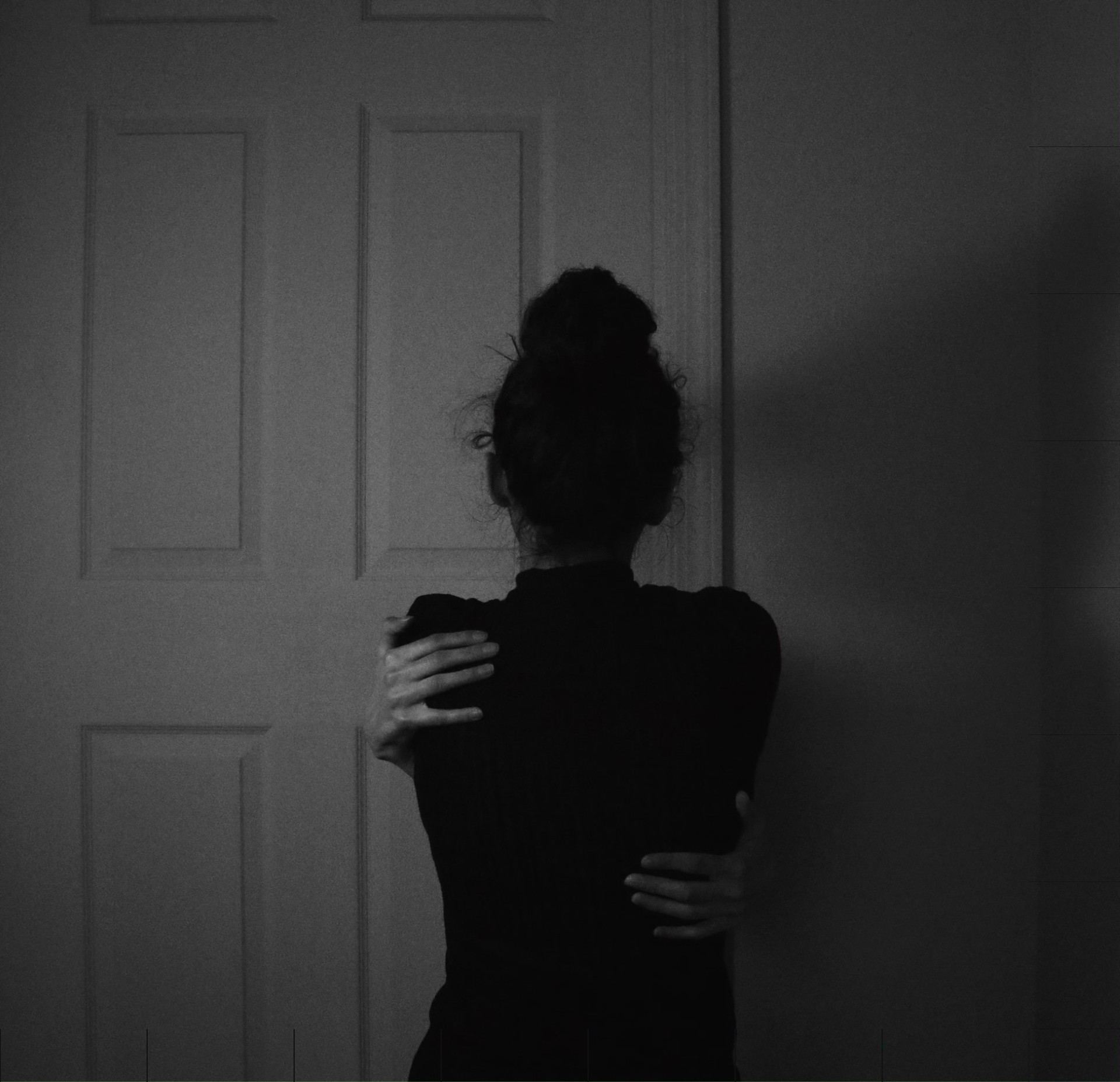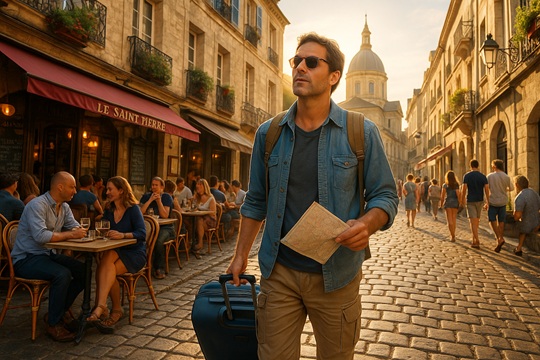
It’s the end of summer, and for people like me who hate winter and shorter days, it’s the bittersweet season where everything feels a little heavier and more reflective. I found myself in that oh-so-familiar funk when Alanis Morissette’s ‘Sorry to Myself’ came on. “To whom do I owe the biggest apology? No one’s been crueller than I’ve been to me.”
By Adriana Lebbos
Why are we so quick to offer kindness and understanding to others yet so brutal to ourselves?
We’ve all been there. Someone close to us makes a mistake, and while it stings for a moment, we brush it off with a casual “no big deal,” “you’re only human.”
It’s funny how easy it is for us to let others off the hook with a soft hug and a “don’t be so harsh on yourself,” but when the tables are turned, and we mess up when we make a mistake? Oh no, the inner critic starts running the show, and suddenly, we’re stuck on an endless loop of remorse and regret.
We marinate in guilt, replay the moment in our heads, and let self-blame take over. Why are we so good at giving others a break while holding ourselves to an impossibly high standard?
If you dig into the psychology behind it (because I always do, and my biggest regret is that I dropped my psychology studies for something “more fun”), there’s more at play than just being our worst critics.
So why do we keep our worst cruelty to ourselves?
When we forgive others, it’s often because we see the whole picture
We get why they did what they did. Maybe they were stressed, distracted, or just had an off day. We extend empathy because we understand life happens. But when it’s us, we’re stuck in our heads, focusing on the mistake rather than the bigger context. We zoom in on what we did wrong, and suddenly, we’re convinced that this misstep defines us. Spoiler: it doesn’t.
We forgive others because we like being the good guy.
Forgiving makes us feel compassionate and understanding. But self-forgiveness? That requires us to face our flaws, admit we’re human, and let go of the idealised version of ourselves we keep tucked away in our minds. And that’s hard! There’s a sort of vulnerability in self-forgiveness that we don’t face when forgiving others. It’s like admitting we’re not perfect, which, newsflash, none of us are, but our brains like to pretend we’re supposed to be.
Then there’s the whole idea of control.
When someone else messes up, we can chalk it up to circumstance, brush it off, and move on. But when it’s us, we feel like we should have known, done, and been better. It’s like we think we’re in complete control of every outcome in our lives, and when something goes wrong, it’s our failure. But life doesn’t work like that. We’re all just winging it, trying our best with the information we have at the time. So why are we so hard on ourselves?
The truth is that self-forgiveness is an ongoing process. It’s about realising that our mistakes don’t define us and that, just like everyone else, we’re allowed to learn, grow, and keep going. It’s about giving ourselves the same compassion and understanding we so easily extend to others. And honestly, wouldn’t life be a little lighter if we did that more often?
We forgive others because we know they’re human. Maybe it’s time we remember that we’re human too. And hey, if you’re still beating yourself up over that stupid thing you did five years ago, it’s okay. I forgive you! Can you try forgiving yourself, too?
To whom do I owe the biggest apology? No one’s been crueller than I’ve been to me.
(Alanis Morissette, Sorry to Myself)





